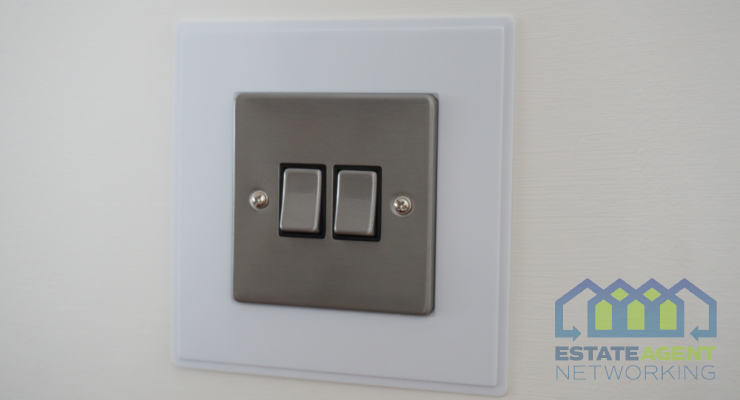4 Ways to Choose the Right Business Electricity Plan for Your Needs
Selecting the appropriate electricity plan for your business is crucial for managing operational costs effectively. Electricity expenses often represent a significant portion of a business’s utility budget, making it essential to choose a plan that aligns with your consumption patterns, financial goals and the right phase converters. Here are four strategic approaches to help you navigate and select the right business electricity plan for your specific needs:
1. Assess Your Energy Consumption Patterns
Understanding your business’s energy consumption patterns is fundamental to choosing the right electricity plan. Begin by analysing historical energy usage data over different seasons and times of day. Identify peak demand periods and fluctuations in consumption, as this information will influence the type of plan that best suits your needs.
For businesses with stable and predictable energy usage, fixed-rate plans offer stability and budget certainty. These plans lock in a set price per kilowatt-hour (kWh) for the duration of the contract, shielding your business from price fluctuations in the energy market. Conversely, businesses with fluctuating energy needs may benefit from flexible or variable-rate plans, which adjust prices based on market conditions. However, be mindful of potential price spikes during high-demand periods. For guidance on choosing between fixed-rate and flexible-rate plans and comparing the best electricity options for your business.
2. Compare Pricing Structures and Contract Terms
When evaluating electricity plans, carefully review the pricing structures and contract terms offered by different providers. Compare not only the kWh rates but also additional fees, such as service charges, transmission fees, and early termination penalties. Some providers may offer incentives or discounts for signing longer-term contracts or for businesses that commit to renewable energy sources.
Consider the flexibility of contract terms in relation to your business’s growth projections and operational stability. Short-term contracts provide flexibility but may carry higher rates, whereas longer-term contracts offer price stability but require careful consideration of potential early termination costs if business needs change.
3. Evaluate Provider Reputation and Customer Service
The reliability and customer service reputation of electricity providers are critical factors in selecting the right plan. Research provider reviews and testimonials from other businesses to gauge customer satisfaction levels and responsiveness to service issues. Reliable customer support is essential, especially during emergencies or outage situations that could impact your business operations.
Additionally, inquire about the provider’s track record with renewable energy initiatives and sustainability commitments if these factors align with your business values. Many businesses today prioritise partnerships with providers who demonstrate a commitment to environmental responsibility and offer renewable energy options as part of their service portfolio.
4. Consider Energy Efficiency and Demand Management Services
Beyond choosing a basic electricity plan, explore additional services offered by providers that support energy efficiency and demand management. Some providers offer energy audits or consulting services to help businesses identify opportunities for reducing energy consumption and improving efficiency. These services can lead to long-term cost savings by optimising energy usage across operations.
Moreover, inquire about demand response programmes or smart metering options that enable businesses to adjust energy usage during peak demand periods. Participation in such programmes may qualify your business for incentives or rebates, further enhancing cost savings while contributing to grid stability and energy conservation efforts.
Choosing the right business electricity plan requires careful consideration of your energy consumption patterns, pricing structures, contract terms, provider reputation, and additional service offerings. By assessing these factors in relation to your business’s operational needs and sustainability goals, you can make an informed decision that optimises cost-efficiency and supports long-term financial stability.
Remember to periodically review your electricity plan and compare offers from different providers to ensure you are benefiting from competitive rates and updated service offerings. By prioritising energy management strategies and selecting a reliable electricity provider, businesses can effectively manage utility costs while contributing to environmental sustainability initiatives.









